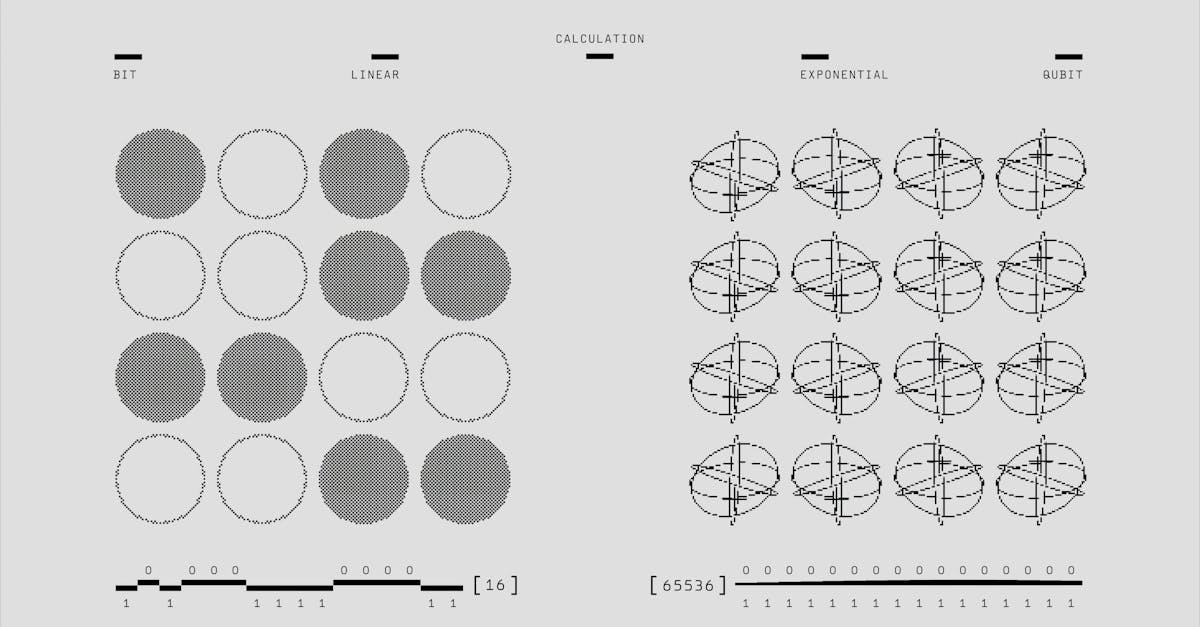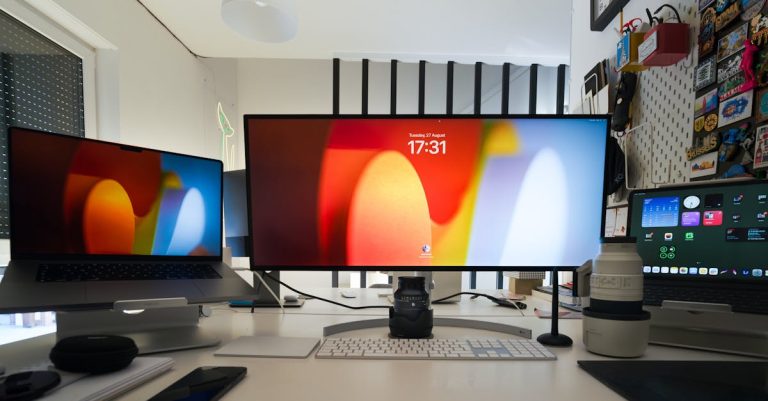Claude AI vs. ChatGPT: The New Face of Conversational AI
Claude AI vs. ChatGPT: The New Face of Conversational AI
In today’s fast-paced digital world, conversational AI is no longer just a futuristic idea—it’s a reality shaping how we interact with technology daily. Among the leading AI chatbots transforming this space, Claude AI and ChatGPT stand out as game changers. Both are designed to create seamless, natural conversations, but how do they truly compare?

With the surging demands for smarter, more intuitive AI assistants, users want a tool that is not only efficient but also engaging and reliable. Claude AI, developed by Anthropic, embraces a safety-first approach, focusing heavily on ethical conversation management. On the other hand, ChatGPT, by OpenAI, has mesmerized audiences globally by mastering versatility and creative engagement, making it a beloved companion across industries.
Let’s dive deeper into how these two powerhouses stack up, and what you can expect from the future of AI-driven conversations.
The Technology Behind the Magic
ChatGPT’s foundation lies in GPT architecture—specifically, the GPT-4 model—known for its ability to generate human-like language with contextually rich responses. Its extensive training data spans a vast array of sources, enabling it to be a go-to for everything from casual chats to complex problem-solving.
Claude AI, meanwhile, prioritizes safety and user intent clarity by implementing techniques like Constitutional AI, where the AI adheres to ethical guidelines dynamically during conversations. This means Claude aims to minimize bias and harmful outputs, making interactions more reliable in sensitive contexts.
User Experience & Interaction
When chatting with either AI, users will notice subtle nuances. ChatGPT often offers robust creativity and depth, perfect for brainstorming, storytelling, and coding help. It’s like talking to a well-read, slightly quirky friend who knows almost everything.
Claude AI, however, shines in maintaining responsible replies. It’s tailored for those who need trustworthy interactions in sectors like healthcare, finance, or education, where misinformation can be costly.
Applications and Use Cases
Businesses are rapidly integrating both AIs to elevate customer service experiences. ChatGPT powers interactive support chatbots, marketing content generation, and virtual assistants that can handle diverse topics effortlessly.
Claude AI is making waves by focusing on compliance-heavy industries, ensuring conversations stay within safe boundaries. It’s also growing in popularity for companies seeking to embed ethical AI policies into their workflows.
Performance and Limitations
Both AIs offer impressive uptime and consistent improvements through ongoing updates. However, ChatGPT sometimes tends to “hallucinate” facts—giving confident but incorrect answers—while Claude AI’s cautious nature reduces this but sometimes at the cost of less spontaneity.
Choosing between them depends a lot on your priorities: creativity and versatility or safety and reliability.
What the Future Holds
The landscape of conversational AI is evolving quickly. With advancements in natural language understanding, both Claude AI and ChatGPT promise richer, more context-aware, and emotionally intelligent interactions. The competition and collaboration between them push the boundaries of what conversational AI can do.
Users can expect more personalized AI companions that understand nuance, emotion, and intent better than ever before, helping bridge gaps between humans and machines. Whether you gravitate toward ChatGPT’s lively responses or Claude AI’s ethical compass, one thing is clear: the future of communication will be powered by such sophisticated AI models.
Final Thoughts
Claude AI and ChatGPT aren’t just chatbots—they represent a shift towards smarter, more thoughtful AI experiences. They cater to overlapping but distinct needs, ensuring that conversational AI improves lives without compromising safety or creativity.
If you want a creative partner who can turn ideas into engaging stories or solutions, ChatGPT is your go-to. But if ethical boundaries and accuracy are top priorities, Claude AI might be the safer bet.
What’s exciting is that both continue to learn and integrate user feedback, making conversational AI more accessible, reliable, and human-like every day.
Whether you’re an AI enthusiast, a developer, or just curious about the future of human-computer dialogue, keeping an eye on Claude AI and ChatGPT will definitely keep you ahead of the curve.






